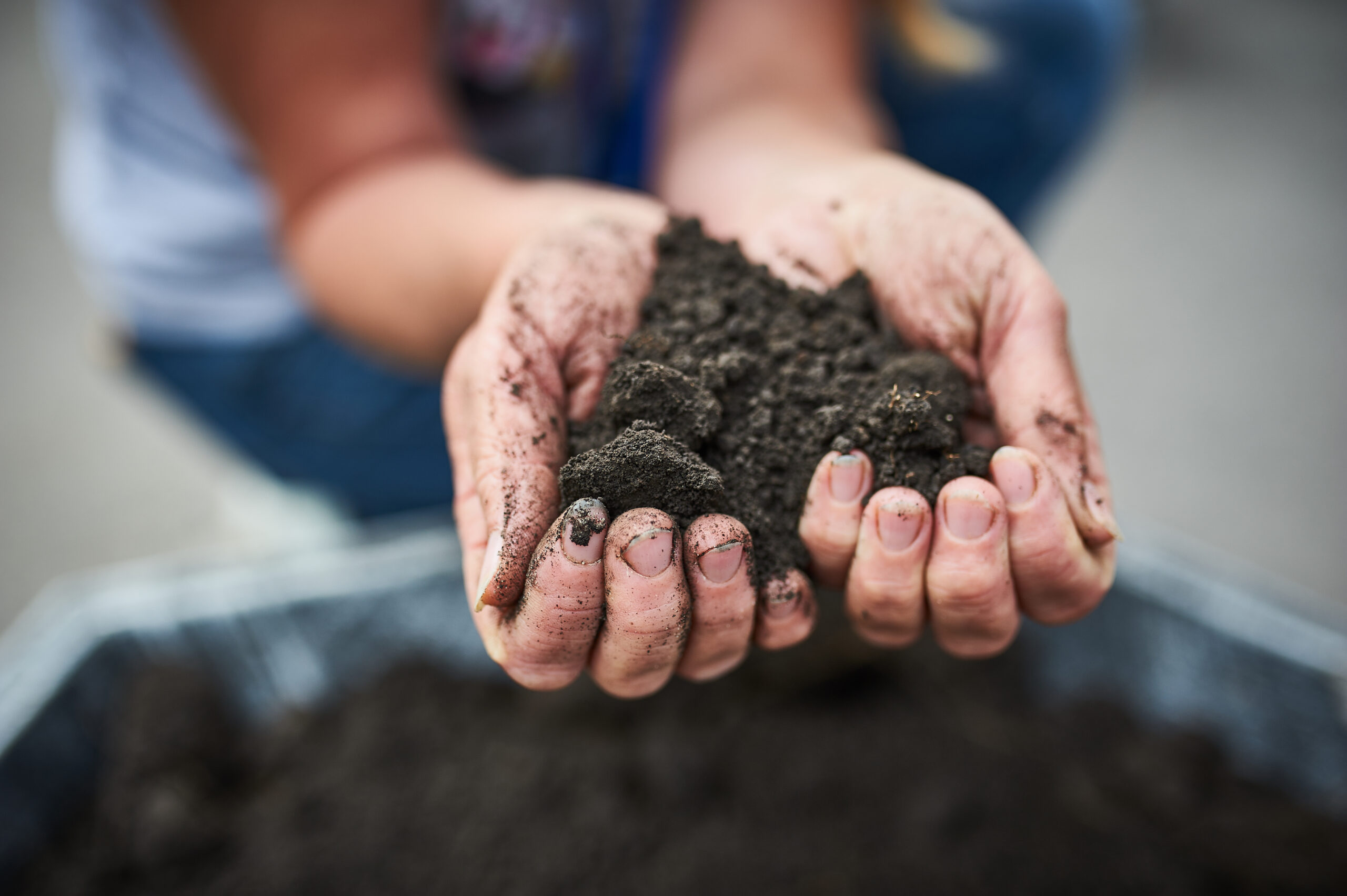Substrate is a medium for growing that provides nutrients that feed, protect and support the cannabis plant.
Substrate allows the plant to develop a root system and provides it with the necessary nutrients for life. A vital element for cultivation, it can be made from one or several elements mixed together and can be combined with or used independent of solid soil or earth.
Substrate cultures have certain physical, chemical and biological characteristics.
Let’s look at the physical characteristics: density, granulometry, structure and porosity.
Density refers to the solid material of which it is composed.
The granulometry is the size of the granules or fibers.
The structure can be granular or fibrillar, either mineral or organic.
Porosity refers to aeration and water retention.
The chemical characteristics of the substrate are the most important aspect. They determine its reactivity with water which produces the nutrient solution that feeds the roots. It can also be harmful and a substrate with an incorrect pH, for example, could cause a phytotoxic effect that harms or kills the plant.
In every substrate there is necessary microbial fauna which is good as long as everything is in balance and they do not compete with the roots for oxygen and nutrients.
Substrate for Cannabis
To grow cannabis at home you have the option to use soil that is sold in gardening stores or similar outlets. Soil fulfills two basic functions, nutrition and support. These store-bought options work quite well for a while but by themselves they will not provide all the necessary nutrients to the plants and you will need to supplement them with fertilizers. Well-nourished soil will give you larger, healthier plants and quality buds.
As an alternative to using a lot of fertilizer, there is the option to prepare your own substrate. Not only is it beneficial for your plants, it is also rewarding and very easy to make.
Let’s take a moment to analyze the advantages and disadvantages to making your own cannabis substrate.
Disadvantages
-Takes time to create the ideal substrate.
-Initial investment is not comparable to just buying a bag of soil in the store.
-Involves trial and error that could hinder growth if the mixture contains an excess or lack of nutrients.
Advantages
-Organic crops.
-Less use of chemical fertilizers.
-A homemade substrate is friendly to the environment.
-Improves the flavor of the buds.
-The pride that comes with doing it yourself.
Nutrients
In addition to water, cannabis requires basic macronutrients that include nitrogen, phosphorus, and potassium as well as micronutrients such as iron, zinc, manganese, copper, calcium, sulfur and others.
To make a living substrate floor, a third of it should be composed of moisture-retaining material such as grated coconut, wood chips or peat. Another third of the material needs to help aerate the mix and drain water such as perlite, gravel, pumice, sand or rice husks. The final third should be made up of vermicompost or compost.
An example would be starting with an organic base soil, well aerated and permeable, with a pH between 6 and 6.5. The base soil should represent about 30% and to that you could add 10% perlite, 40% coconut fiber, 10% vermiculite and 10% earthworm humus.
Preparation
-Mix the main materials listed above. These make up the moisture, drainage and compost.
-Add some organic fertilizer like orange flour, kelp flour or fish flour (follow the instructions for the recommended proportions).
-Wet the preparation with rested water or compost tea to integrate the microorganisms.
-Note that the mixture cannot be used immediately, as it could have excess nutrients. To solve this, you can soak the substrate with regular water for a couple of days, letting the water run off and then letting it dry before planting.
-Don’t plant directly into the substrate but instead germinate the seeds in a neutral soil for at least the first two weeks before replanting into the substrate.
Tip
Try to use organic products to combat pests by using insects that are natural enemies.
https://www.royalqueenseeds.es/blog-crea-tu-propia-mezcla-de-tierra-para-cannabis-n75
https://houseofweed.cl/blogs/cultivo/sustrato-cannabis

